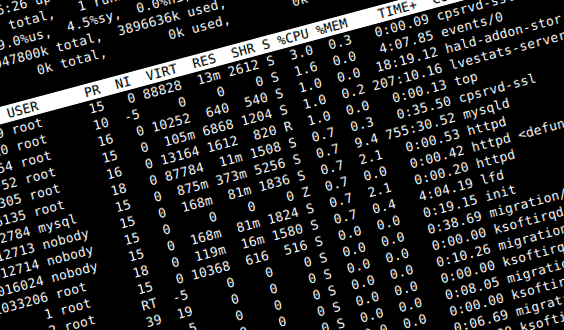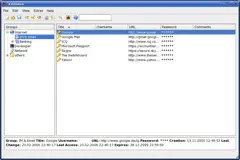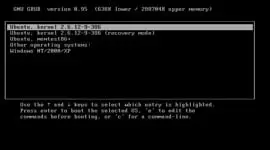Home »
How to Check the Current PHP Version
Almost eight out of ten websites use PHP (according to W3Techs) and most are WordPress sites – yet 64% are using old versions no longer officially supported. Considering the latest versions are faster and safer from hacking, it makes sense for every webmaster to keep on top of updates. At the time of writing, the latest version of PHP is 7.4.8, and version 8.0.0 is in alpha. The catch with upgrading is that new conflicts can arise, usually from code that has only been tested … Read more








